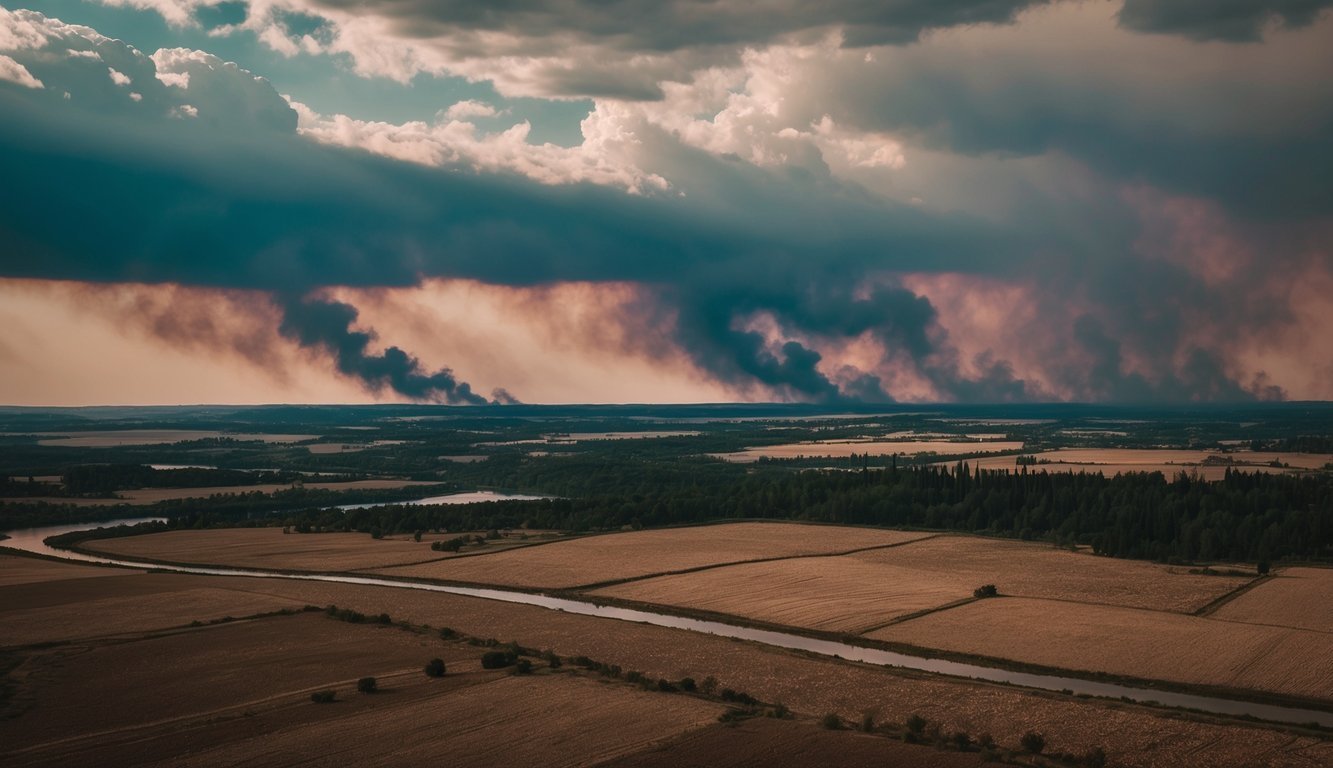Recent breakthroughs in artificial intelligence are opening new doors for researchers keen on dissecting historical climate extremes across Europe. These innovations are not merely academic; they shed light on previously undocumented climate events and bolster conclusions drawn from traditional research methods, marking a significant stride in our understanding of climate variations. The findings, published in Nature Communications, offer crucial insights that could guide adaptation strategies as the impacts of climate change grow more pronounced.
Understanding Climate Variations
In an era where fluctuations in temperature and precipitation have far-reaching consequences, comprehending these irregularities is more vital than ever. Many regions are now observing rainfall patterns that stray significantly from historical norms, compounded by a troubling rise in heat extremes—over 30% of the world’s land experiences monthly temperatures exceeding established statistical thresholds.
The Role of AI in Climate Data Reconstruction
The challenge, however, lies in the integrity of historical temperature records, many of which suffer from data gaps, particularly going back to the early years of weather monitoring. Addressing this issue, a research team led by Étienne Plésiat at the German Climate Computing Center has turned to advanced AI technologies. They focused on reconstructing data concerning extreme temperatures in Europe, a locale that benefits from a relatively dense dataset, which contrasts sharply with the complications faced in less populated regions.
The AI system at the heart of this research, known as CRAI (Climate Reconstruction AI), was trained on historical climate simulations, allowing it to outperform traditional statistical methods that struggle with incomplete data. In a remarkable feat, CRAI unearthed significant historical temperature extremes, revealing a severe cold spell in 1929 and a noteworthy heatwave in 1911. These findings not only underscore the potential of artificial intelligence in enhancing our grasp of climate extremes but also highlight how these phenomena have evolved over time.
A Global Approach to Climate Insights
The researchers behind this work see the promise of adopting similar AI techniques on a global scale, particularly in areas where historical climate data is scarce. By championing the broader implementation of AI methodologies, they hope to refine climate reconstructions worldwide, paving the way for a deeper understanding of our planet’s changing climate. As we grapple with the escalating consequences of climate change, such innovations may prove invaluable in guiding efforts to adapt to an increasingly uncertain future.
Study Details:
- Title: Artificial intelligence reveals past climate extremes by reconstructing historical records
- Authors: Étienne Plésiat et al.
- Journal: Nature Communications
- Publication Date: 2024
- DOI: 10.1038/s41467-024-53464-2

